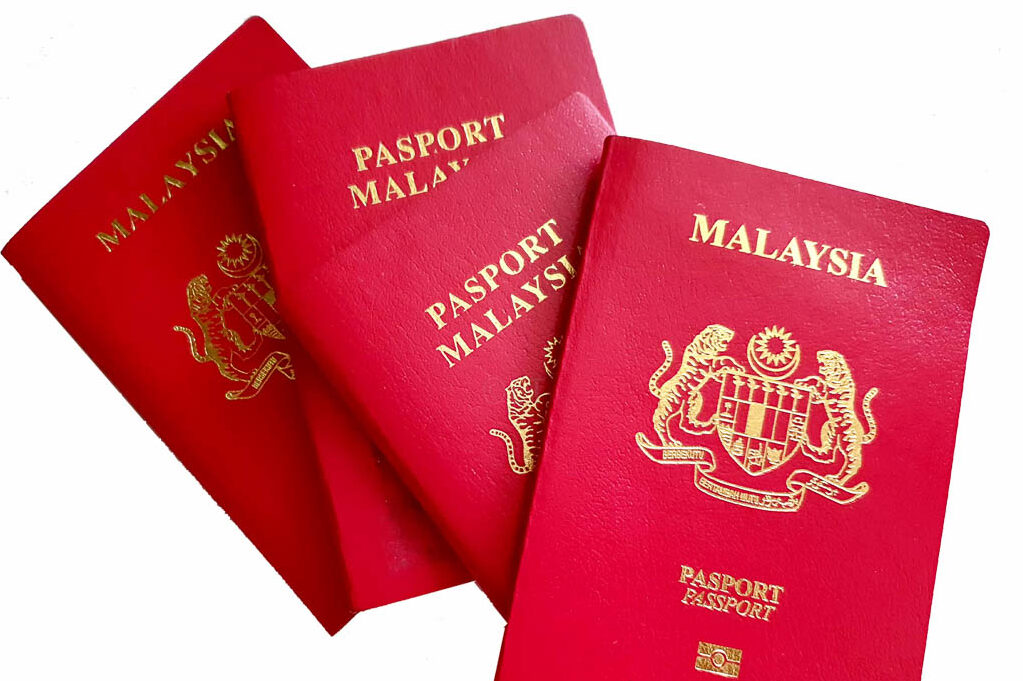The power of a passport is typically determined by the number of destinations its holder can access without requiring a visa. This concept, first popularized by the Henley Passport Index, uses data from the International Air Transport Association (IATA) to rank global passports. It considers visa-waiver programs and entry requirements as significant factors.

Malaysia’s Rising Passport Power
In recent years, the Malaysian passport has surged in global rankings. In 2022, it sat at the 13th spot, providing visa-free access to 179 countries. However, a year later, it improved to rank 11th, granting access to 180 travel destinations. Among Southeast Asian nations, only Singapore holds a more powerful passport, which grants access to an impressive number of 192 nations.
HENLEY_PASSPORT_INDEX_2023_Q3_INFOGRAPHIC_GLOBAL_RANKING_230714_1The improvement is notable, especially considering Malaysia’s global standing in relation to countries with traditionally strong passports, such as Germany, the USA, Sweden, Denmark, the Netherlands, Finland, the UK, Canada, Norway, and Switzerland.
The Advantages of a Malaysian Passport
Beyond the freedom of travel, a powerful passport also offers its holders investment opportunities and a high quality of life. With its fast-developing economy, business-friendly policies, robust infrastructure, and multicultural workforce, Malaysia’s global position provides an alluring opportunity for investment.
Also read: Geely’s $10 Billion Gamble: Malaysia as the Automotive Epicenter of Southeast Asia
Simultaneously, the country’s pleasant weather, diverse landscapes, and cost-effectiveness make it an attractive retirement destination, contributing to its rising quality of life index.
Visa-Free Access Around the World
For Malaysian passport holders, visa-free access extends to countries such as Australia, New Zealand, Pakistan, South Korea, Sri Lanka, and various European nations. Visa on arrival is also available in many countries, further expanding their global mobility.
Implications for the Future
This rise of Malaysia’s passport power, along with other countries from Southeast Asia, may usher in a shift in global dynamics. The traditionally Western-centric passport power hierarchy is being challenged, reflecting a more multi-polar world.

















